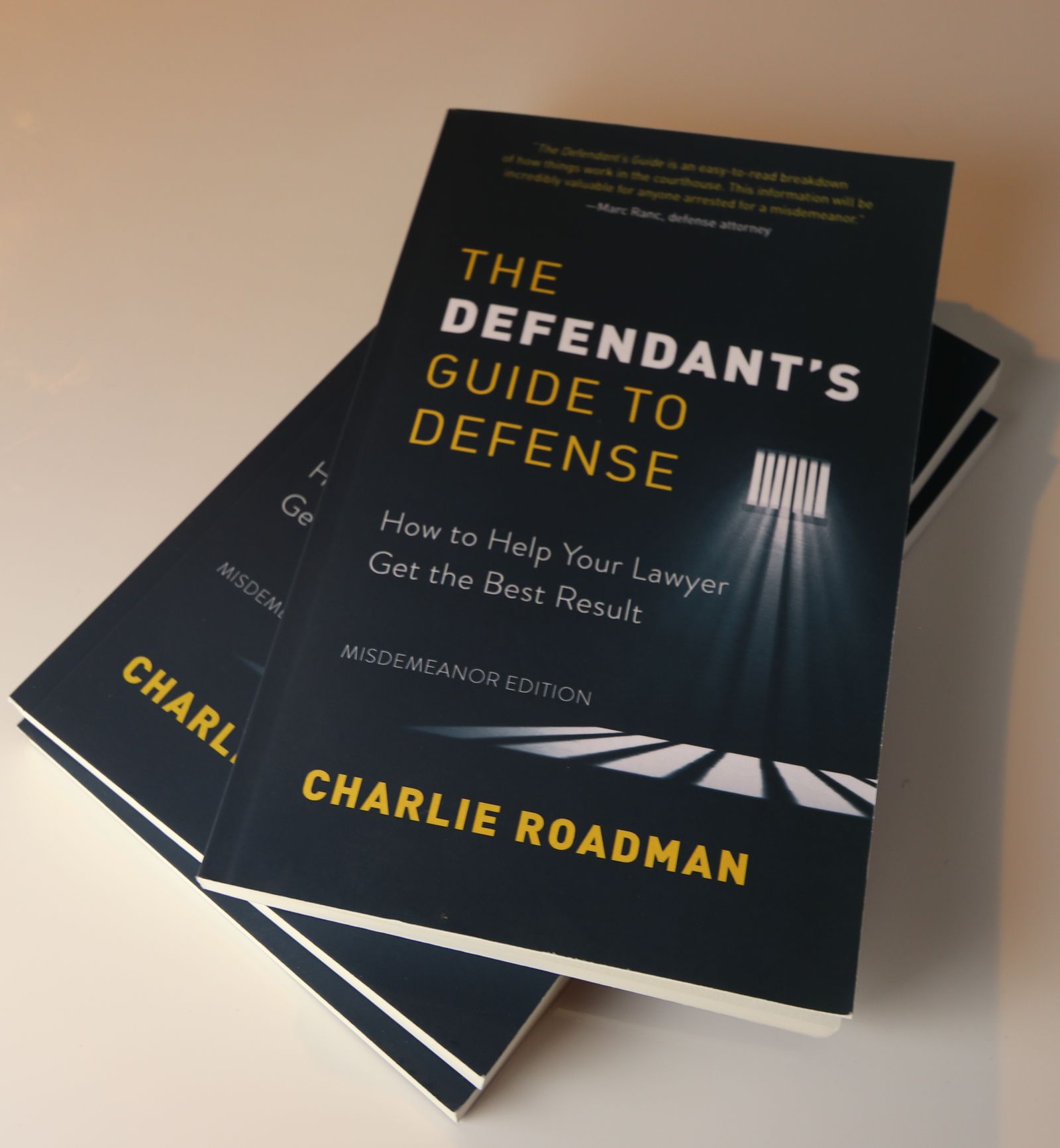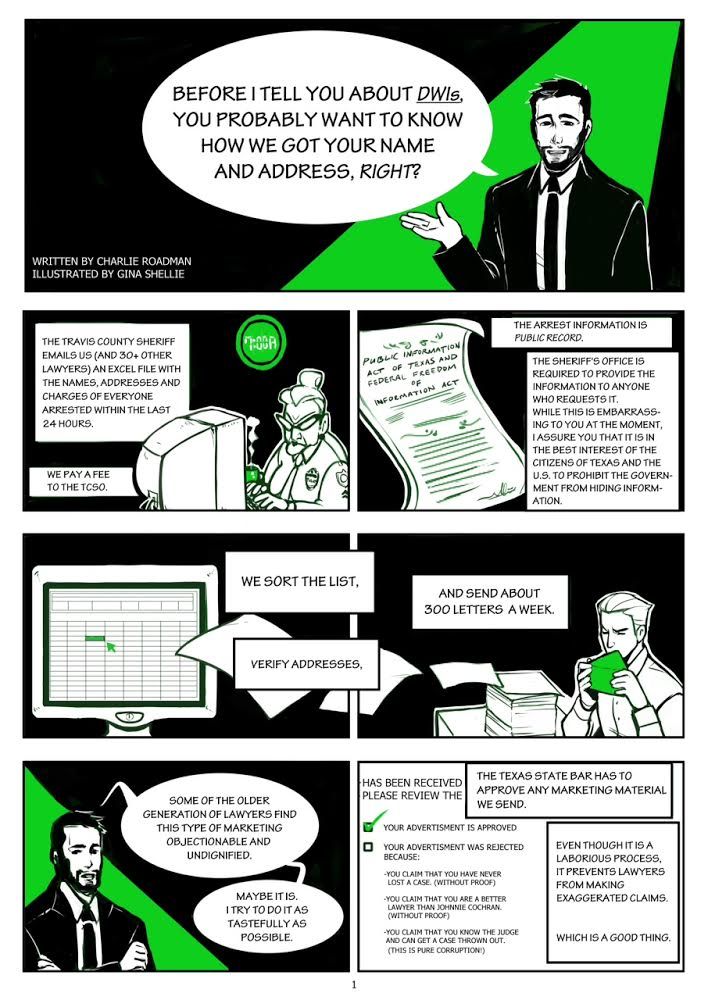Driver License Hearing (ALR)
Driver License Hearing (ALR)
Charlie discusses the Administrative License Hearing that is typically part of a DWI arrest.
FAQs
Q: What is an ALR hearing?
A: An Administrative License Revocation (ALR) hearing is a process where the Department of Public Safety (DPS) attempts to suspend your driver's license because you either registered a blood alcohol concentration (BAC) of 0.08 or higher or you refused testing requested by the police.
Q: Does the ALR hearing affect my criminal case?
A: No, the ALR hearing is separate from your criminal case. The outcome of one does not directly affect the other, although they are related since they both concern the same incident.
Q: What should I do if the police have taken my driver's license?
A: You should go to DPS and report that you lost it. They will issue you a temporary card and send a new driver's license by mail.
Q: How soon must I request an ALR hearing after an arrest?
A: You must request an ALR hearing within 15 days of the arrest. If requested in time, it will stop the license suspension that was set to occur 40 days after your arrest.
Q: What happens after requesting an ALR hearing?
A: Once you've requested an ALR hearing, the suspension is delayed until the hearing date. You will receive a new hearing date which is often two to three months in the future, and you can continue to drive during this time.
Q: Can the ALR hearing date be rescheduled?
A: Yes, the hearing date can be rescheduled multiple times for various reasons, including unavailability of the police officers due to training, sickness, family emergencies, or other reasons.
Q: Will I be notified of my ALR hearing date?
A: Yes, you will be notified via email about the hearing date approximately one or two months in advance. If it gets rescheduled, you will also be informed.
Q: Is it possible to drive legally until the ALR hearing takes place?
A: Yes, you can drive legally until the ALR hearing occurs, as long as you have the temporary permit issued by the police after your arrest.
Q: What if I lose the ALR hearing?
A: If you lose the ALR hearing, we can begin the process of obtaining an occupational license for you, which allows you to drive during the suspension period.
Q: How likely is it to win an ALR hearing?
A: Winning an ALR hearing can be challenging, especially if the police officer appears and provides testimony. However, you can win if the officer fails to show up or if there's evidence showing they did not have reasonable suspicion or probable cause for your arrest.
Q: What happens if the officer doesn't show up for the hearing?
A: If the officer does not show up after being subpoenaed, there's a chance the case against your driver's license could be dismissed. However, judges may give officers multiple opportunities to appear.
Q: How often do officers fail to show up for an ALR hearing?
A: Officers do not show up for an ALR hearing about 15% of the time. There's no way to guarantee their absence, but delays can sometimes increase the chances they won't appear due to turnover within the police department.
Q: What is the role of a judge in an ALR hearing?
A: A judge from DPS decides if the police had reasonable suspicion to stop you and probable cause to arrest you. This is determined through the testimony of the officer and cross-examination during the hearing.
Q: Why is it important to request an ALR hearing?
A: Requesting an ALR hearing is crucial because it delays the suspension of your license and provides an opportunity to cross-examine the officer, which may reveal information helpful for the criminal case.



